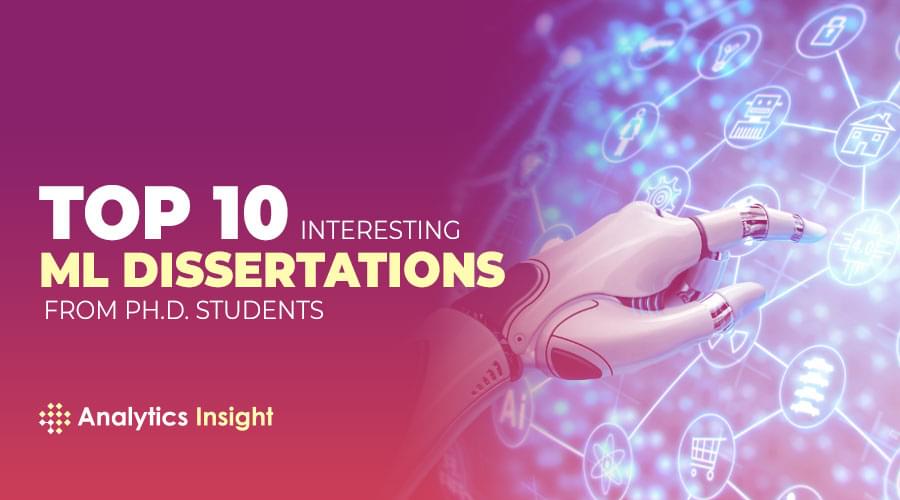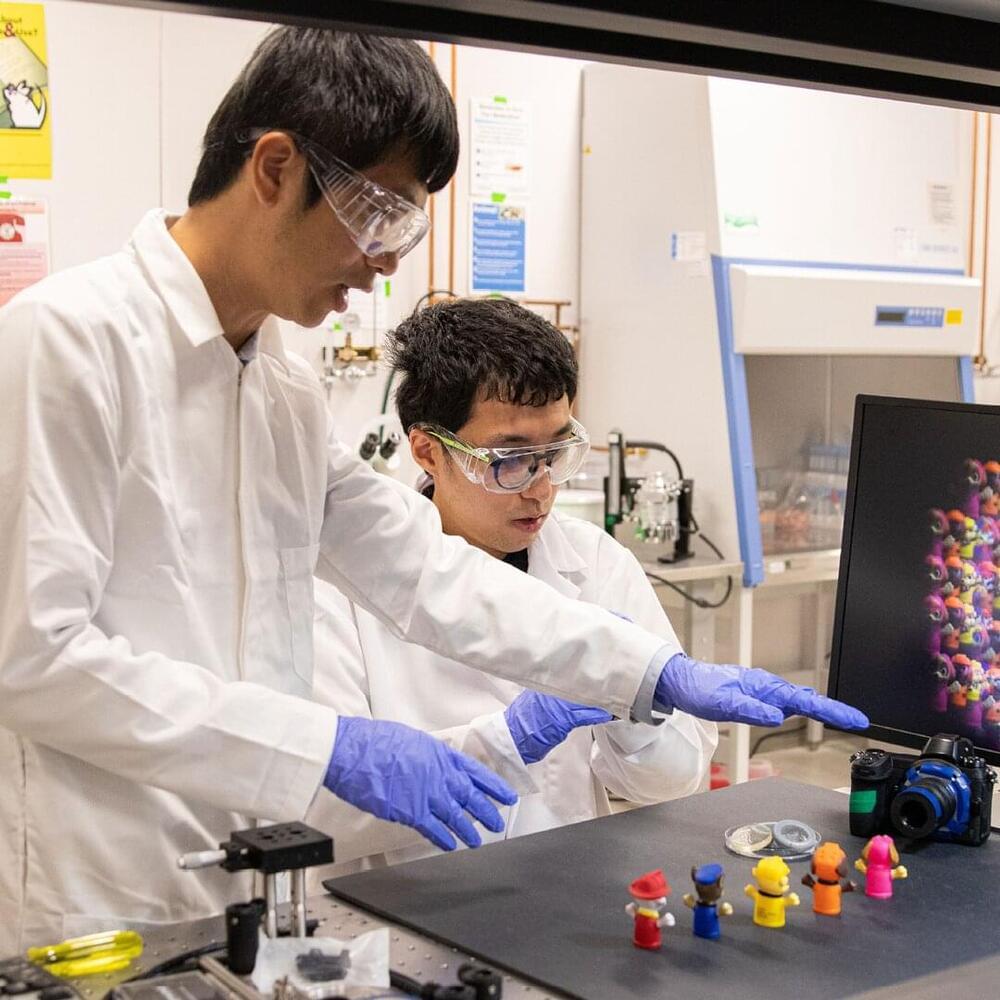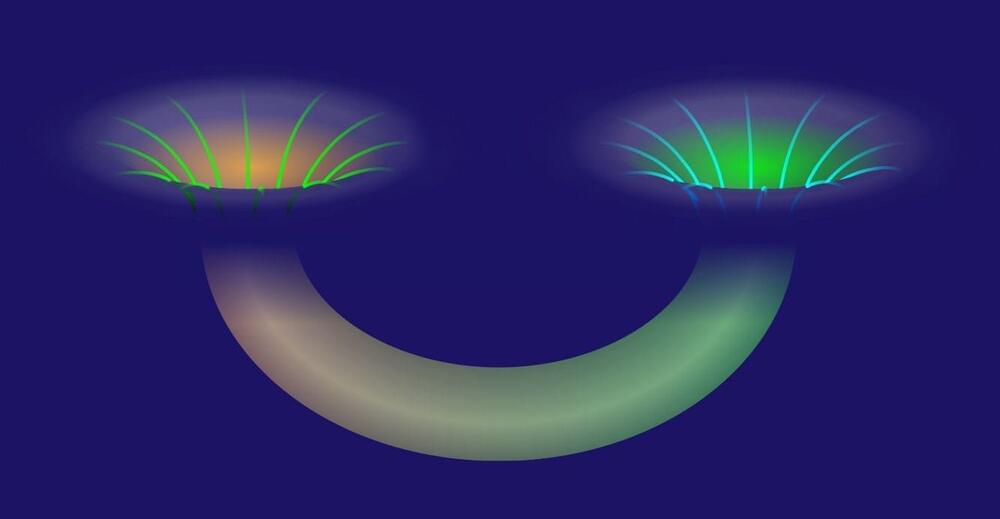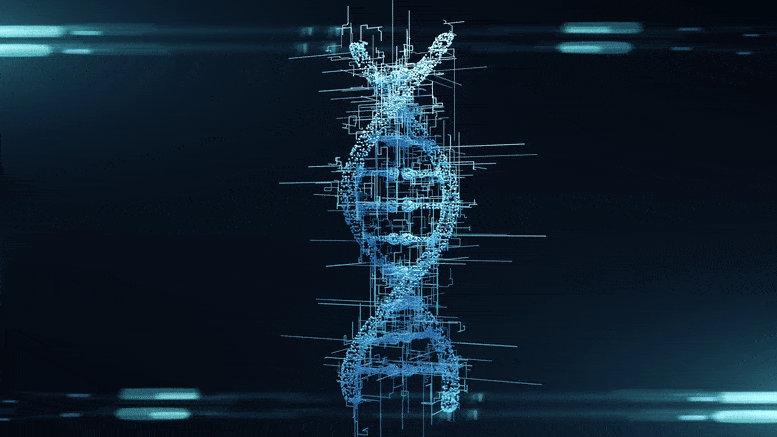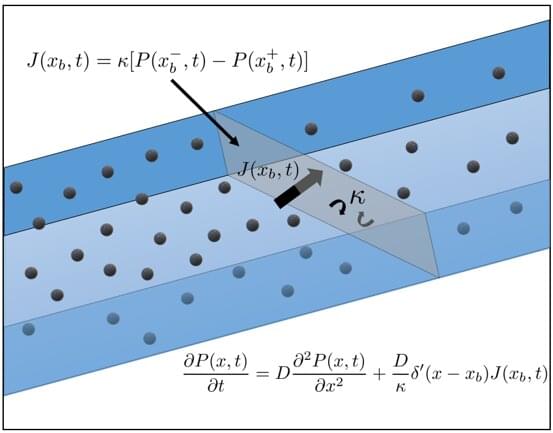Choosing interesting dissertation topics in ML is the first choice of Master’s and Doctorate scholars nowadays. Ph.D. candidates are highly motivated to choose research topics that establish new and creative paths toward discovery in their field of study. Selecting and working on a dissertation topic in machine learning is not an easy task as machine learning uses statistical algorithms to make computers work in a certain way without being explicitly programmed. The main aim of machine learning is to create intelligent machines which can think and work like human beings. This article features the top 10 ML dissertations for Ph.D. students to try in 2022.
Text Mining and Text Classification: Text mining is an AI technology that uses NLP to transform the free text in documents and databases into normalized, structured data suitable for analysis or to drive ML algorithms. This is one of the best research and thesis topics for ML projects.
Recognition of Everyday Activities through Wearable Sensors and Machine Learning: The goal of the research detailed in this dissertation is to explore and develop accurate and quantifiable sensing and machine learning techniques for eventual real-time health monitoring by wearable device systems.
